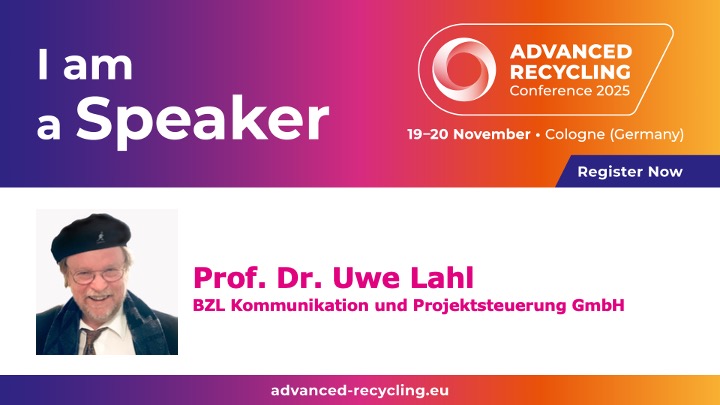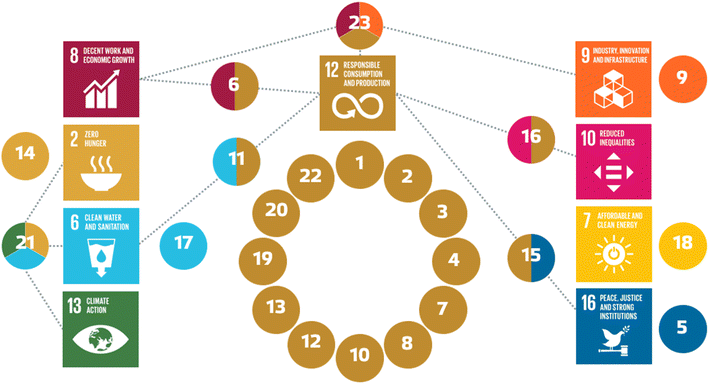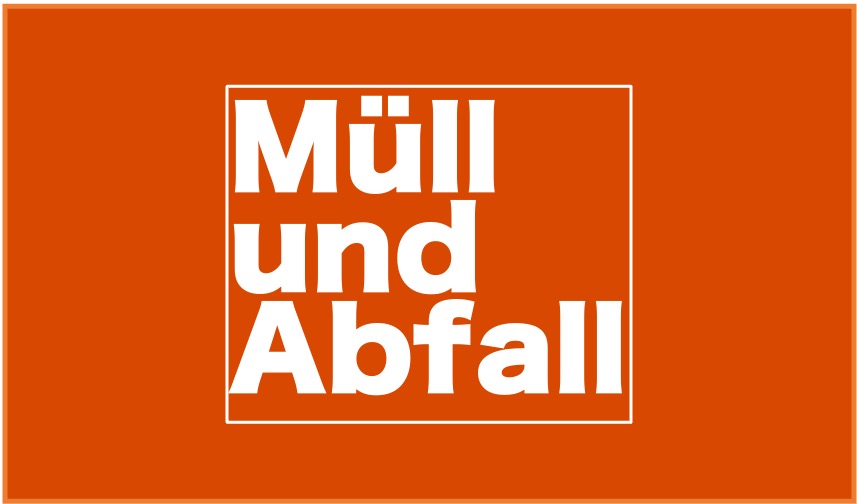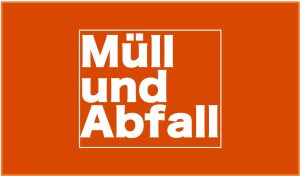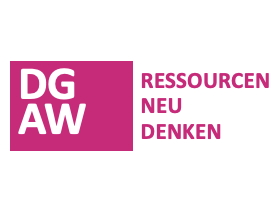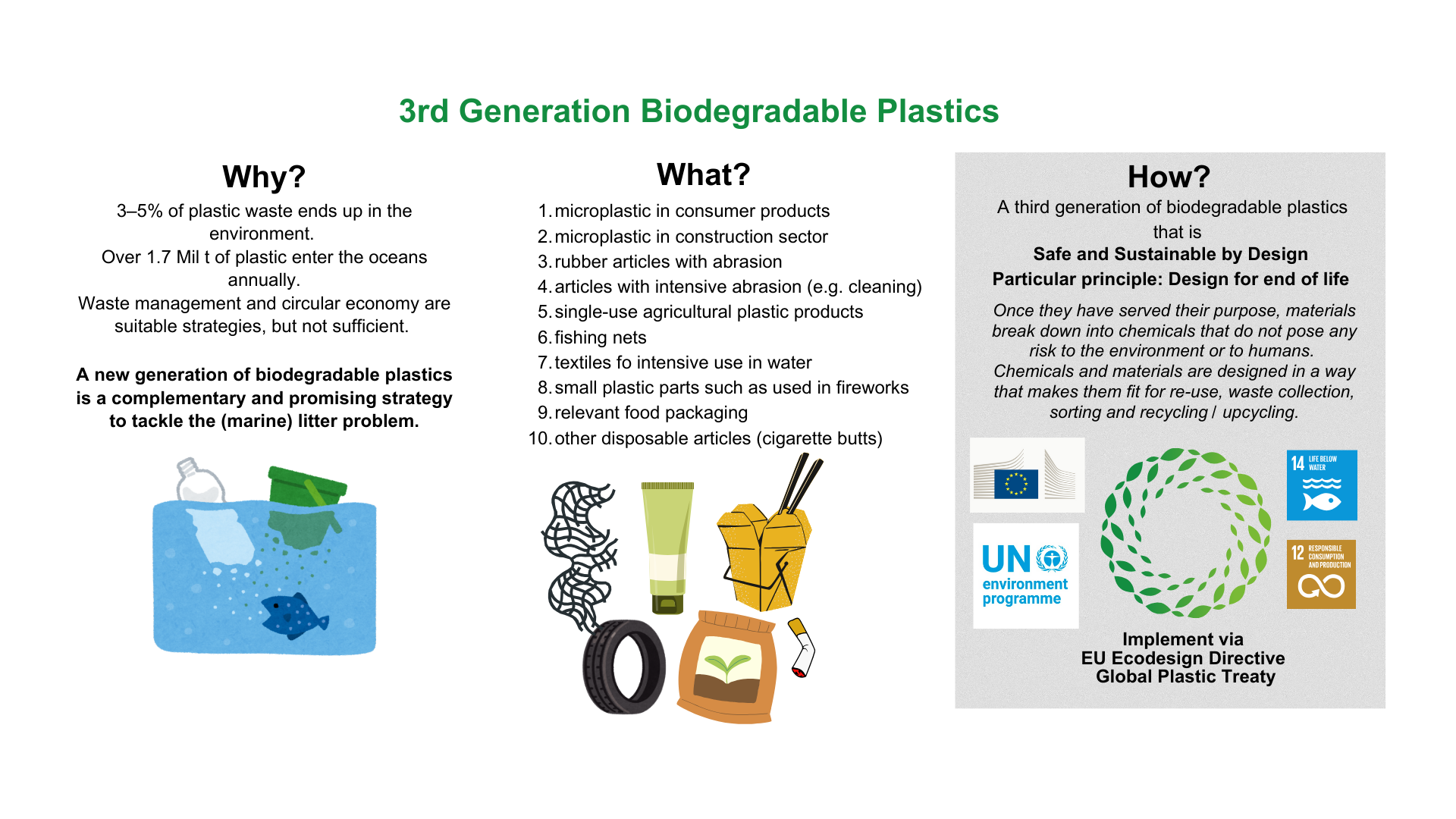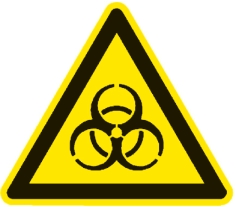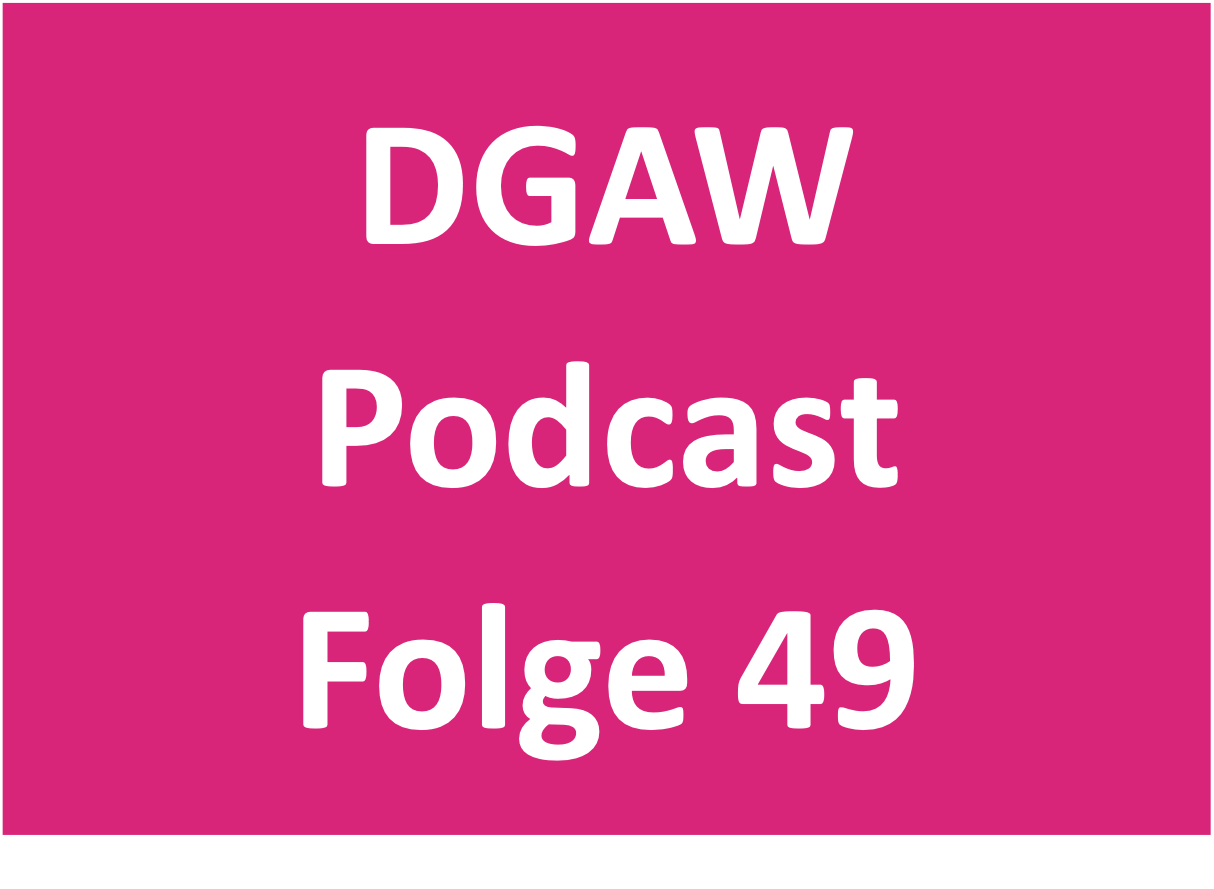Europe After 2030 – The Development of Waste Management into an Industrial Location Factor (ARC, 19.11.2025)
November 5, 2025
At the Advanced Recycling Conference on November 19, 2025, in Cologne, Prof. Dr. Uwe Lahl will give a presentation entitled “Europe After 2030 – The Development of Waste Management into an Industrial Location Factor”, in which he will outline the contribution that the circular economy can make to the defossilization of raw material use in the chemical industry. The presentation is an update of a publication in Müll und Abfall 5, 2025.
A critical aspect of the defossilisation of the industry is the focus of legislation in Brussels, which on the one hand places far too much emphasis on the hydrogen path and at the same time over-regulates initial investments in the development of infrastructure. In the past, Germany has also focused one-sidedly on financial support for individual transformation projects (capex funding). Current developments show that it is politically easier to implement these subsidies. However, this is not enough because the framework conditions must also be created so that the defossilized products are competitive and are then also purchased. The necessary regulation requires a smart policy mix that, on the one hand, sets binding targets at the level of the individual companies, but on the other hand also promotes the creation of reliable markets for defossilized products.
Further details can be found on the event website.

